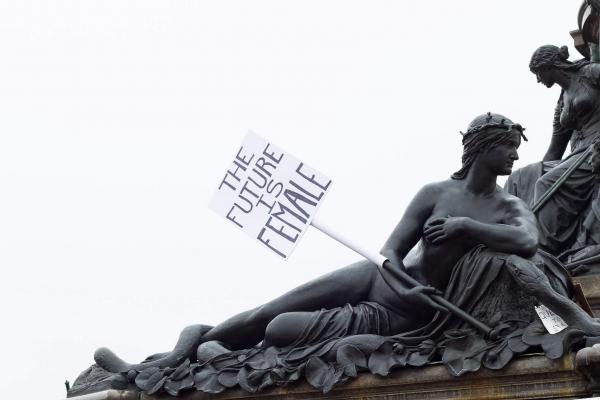Mar 8, 2017
In honor of International Women’s Day, we asked some of our favorite women leaders questions about their personal hopes, faiths, fights for justice, and how their womanhood surrounds and informs those parts of them. Here is some of what they had to say.
Read the Full Article

Already a subscriber? Login
